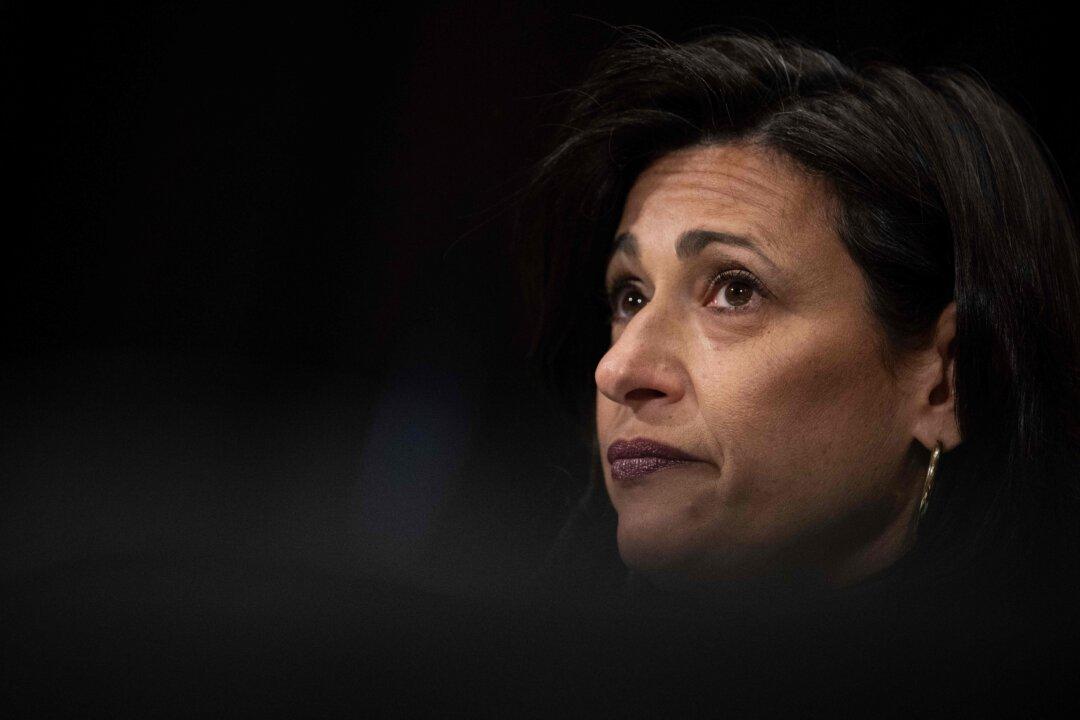The United States is ill-prepared for another global pandemic, according to the outgoing director of the U.S. Centers for Disease Control and Prevention (CDC), Dr. Rochelle Walensky.
Walensky issued the warning in a New York Times guest essay published on June 27, just days before she is set to step down from her role.




